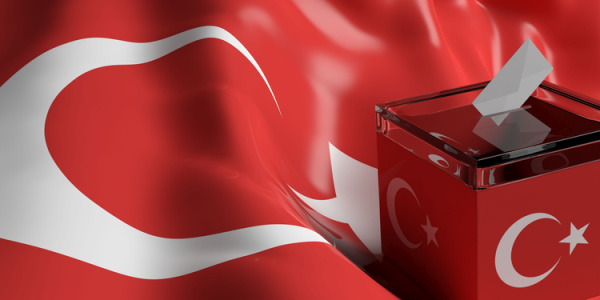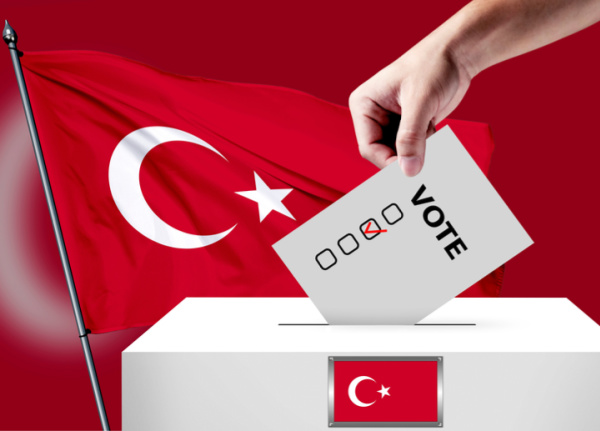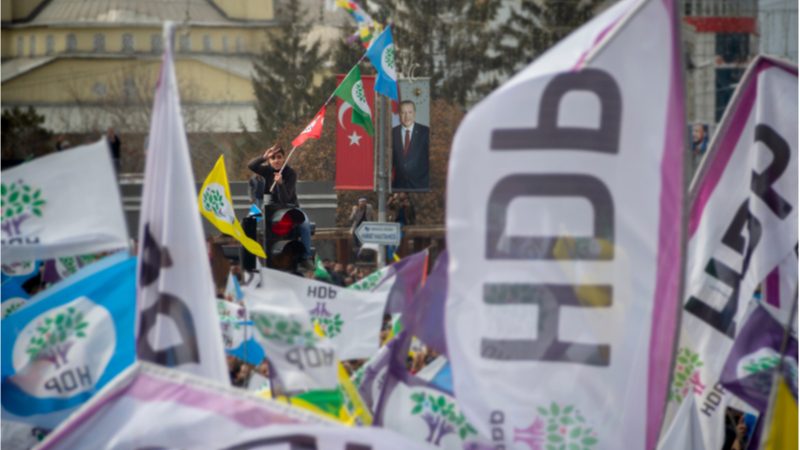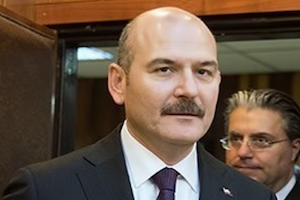Not Condemned to the Authoritarian Right: Turkey’s Local Elections Show the Way to a Different Future
By Halil Karaveli
April 11, 2024
The historic victory of the social democratic CHP in the March 31 local elections has redrawn Turkey’s political map and overturned established truths about Turkish politics. Turkey is not condemned to permanent authoritarian right-wing rule. The CHP won because it combined an inclusive stance toward conservatives and Kurds with a centre-left message. But to reach national power, Turkey’s new leading party will need to show audacity and be prepared to take on entrenched economic interests.

Does Kılıçdaroğlu Have a Path to Victory?
By Halil Karaveli
May 23, 2023
Kemal Kılıçdaroğlu’s failure in the first round of Turkey’s presidential election is a testimony to the waning appeal of liberalism in the face of ethnic conflict and refugee flows. The Turkish nationalism on which Kılıçdaroğlu has fatefully stumbled is fuelled by the Kurdish challenge and the Syrian refugees. But it is also fed by a heightened sense of national insecurity in a global context of escalating geopolitical confrontation. The virulently nationalist rhetoric against the Syrian refugees that Kılıçdaroğlu has adopted in order to make himself a palatable choice to right wing Turkish nationalists does not necessarily offer him a path to victory. Tarnishing his image as a liberal and social democrat, he risks forfeiting the support of the Kurdish voters as well as the support of Turkish liberals and leftists.

The İmamoğlu sentence: Will Istanbul Share the Fate of Diyarbakır?
By Halil Karaveli
January 12, 2022
The political destruction of Istanbul mayor Ekrem İmamoğlu is ultimately meant to demonstrate that the alliance, supported by the Kurdish political movement, which carried him to victory in 2019, is not going to be allowed to repeat its success at the national level. In theory, the removal of İmamoğlu from office will enable the mainstream opposition to turn the presidential election into a referendum about popular sovereignty. However, to succeed it would have to convince voters in Diyarbakır, Mardin and Van that it is as sensitive about their sovereignty as it is about that of the electorate in Istanbul. This is unlikely as the right-wing nationalist Good party of the main opposition alliance resists democratic openings to the Kurds. The division between rigid statist-nationalism and popular democracy runs through the ruling alliance of the AKP and the MHP as well. To tip the balance in favor of popular democracy, Turkey needs a rearrangement of political alliances.

Closing Down Democracy – The Prosecution of the HDP
By Sarah Glynn
March 10, 2022
Despite the Turkish government’s current efforts to portray itself as a peacemaker who cannot countenance unprovoked aggression, its assault on the Kurds continues both within and beyond Turkey’s borders. Turkish democracy, always a sickly creature, is undergoing a judicial asphyxiation. Tens of thousands of opposition figures are in prison, including thousands of members of the third largest party in the Turkish Parliament, the pro-Kurdish, leftist Peoples’ Democratic Party (HDP). Two ongoing court cases could see leading party members jailed for life, and the enforced closure of the party. These cases commit the state even further to violent suppression of Kurdish hopes rather than a political solution.

Süleyman Soylu: The Rise of the "Second Man" of the Turkish Regime
By Gonca Tokyol
June 8, 2020
Turkey’s Interior minister Süleyman Soylu has widely come to be seen as the “Second man” of the Turkish regime, and has recently strengthened his position. The fiercely nationalistic Soylu boasts broad popularity among the supporters of both the ruling Justice and Development Party (AKP) and its partner, the Nationalist Movement Party (MHP). The future of a post-Erdoğan AKP is going to be decided by how the rivalry between Soylu and the not-so popular finance minister Berat Albayrak, President Recep Tayyip Erdoğan's son-in-law, plays out. Increasing popular, Soylu has also become a target. Yet the combination of his center-right roots, his adoption of the Islamic conservative AKP and the endorsement of the right-wing nationalist MHP means that Soylu can lay claim to all three ideological traditions of which the right in Turkey is composed. That makes Soylu a strong pretender not only to the leadership of the right, but also of Turkey.





